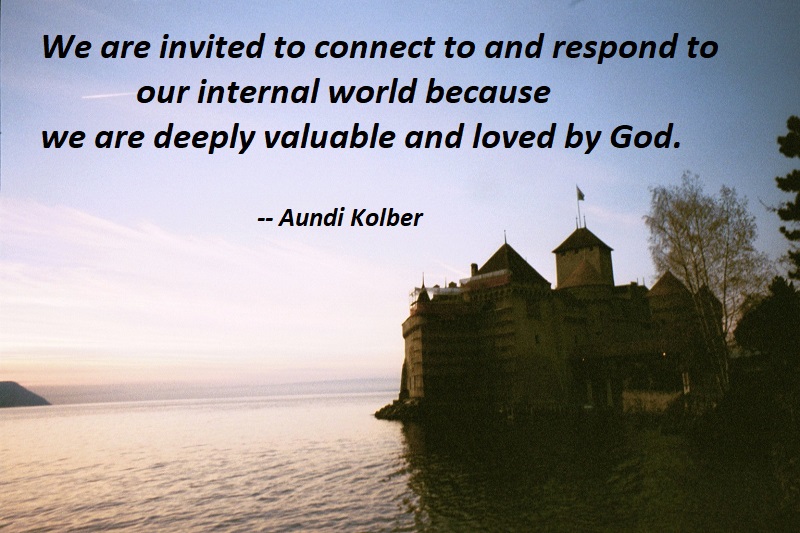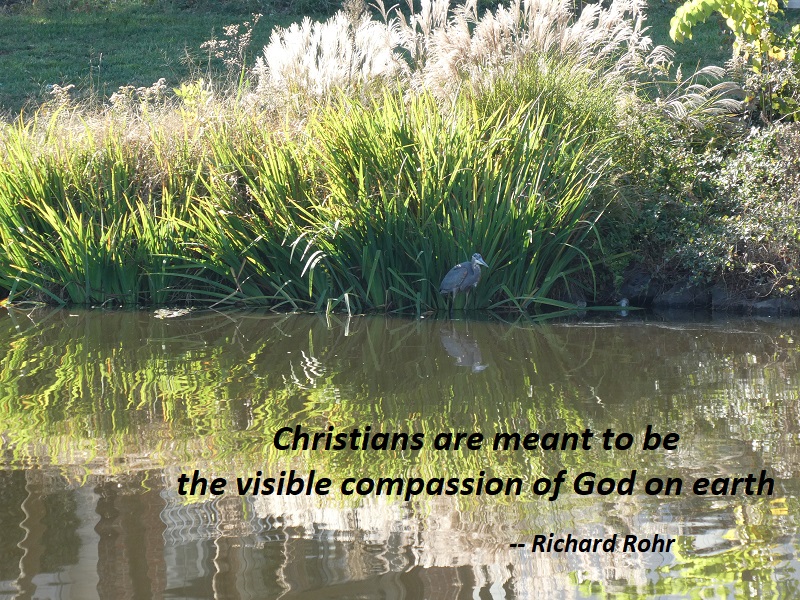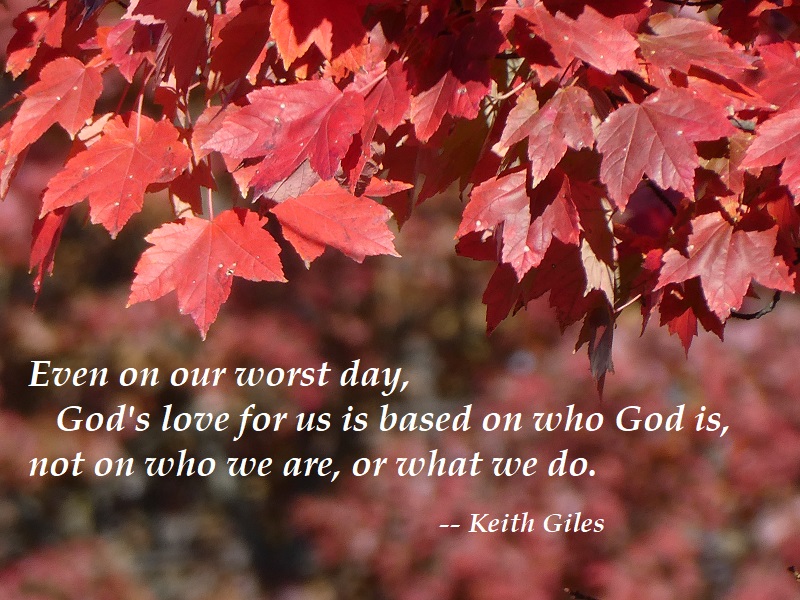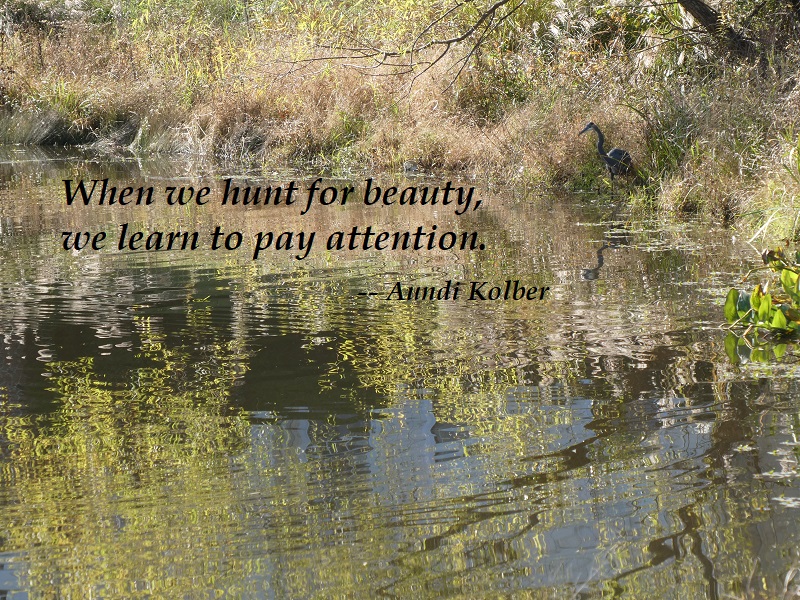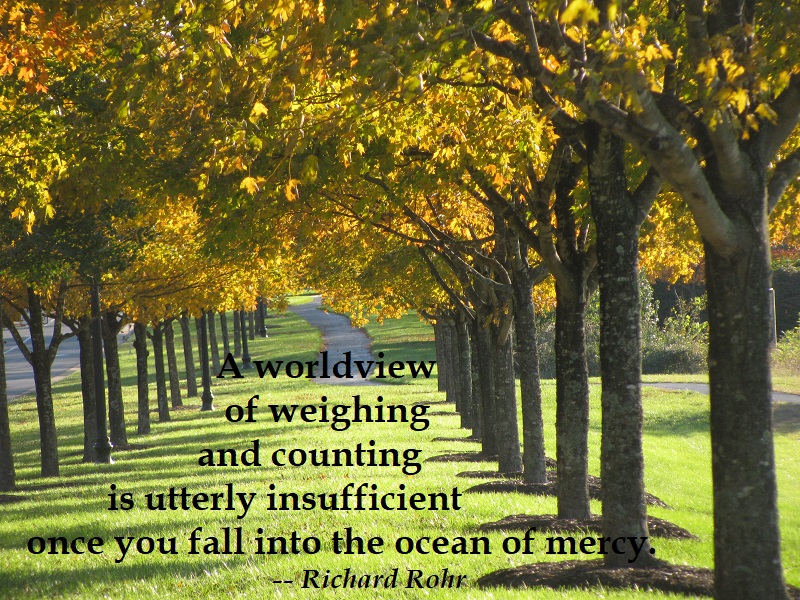Our Needs Matter
Because our brains are shaped around what we notice, self-attunement helps us become better and more effective at listening to the heartbeat of our own humanity. And here’s what I truly love about the way we are designed: As we do our own internal work, we quite literally develop the capacity to listen to and love others more fully than before. Now it’s worth saying that we don’t do our work only so we will love others better — although it’s a beautiful benefit. Nope, we are invited to connect to and respond to our internal world because we are deeply valuable and loved by God; and because that is true, we can rest in the fact that our needs matter.
— Aundi Kolber, Try Softer, p. 133
Photo: Chateau de Chillon, Lake Geneva, Switzerland, November 2000
